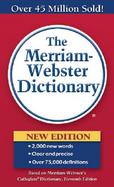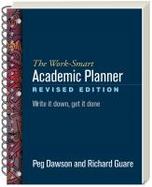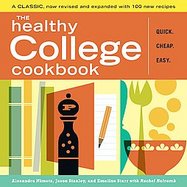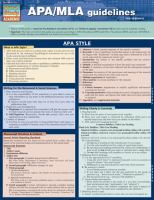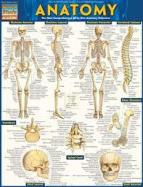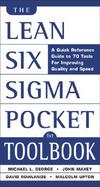Find Your Books
Or
Log In View your sales and purchases
Enjoy Marketplace Savings Every Day.
-
Earn up to 2 times more when selling your books back on our marketplace
-
Free shipping on most orders over $79 and free economy shipping on retail items.
-
School Supplies: Everything you need for back-to-school.
The Marketplace
- Popular Products
- Online Tutoring
- New Releases
- School Supplies
- College Tips
- Books to Movies
- Career Guides
- Audio Books
- Clothing
- Faculty Books
- School Supply Essentials
- Academic Planners
- Art Materials
- Backpacks and Totebags
- Calculators & Math
- Notebooks and Paper
- Other Supplies
- Pens, Pencils, and Markers
- Electronics
- Bar Charts - Study Guides
- Pocket Style Guides
- Bestsellers
- Nonfiction



